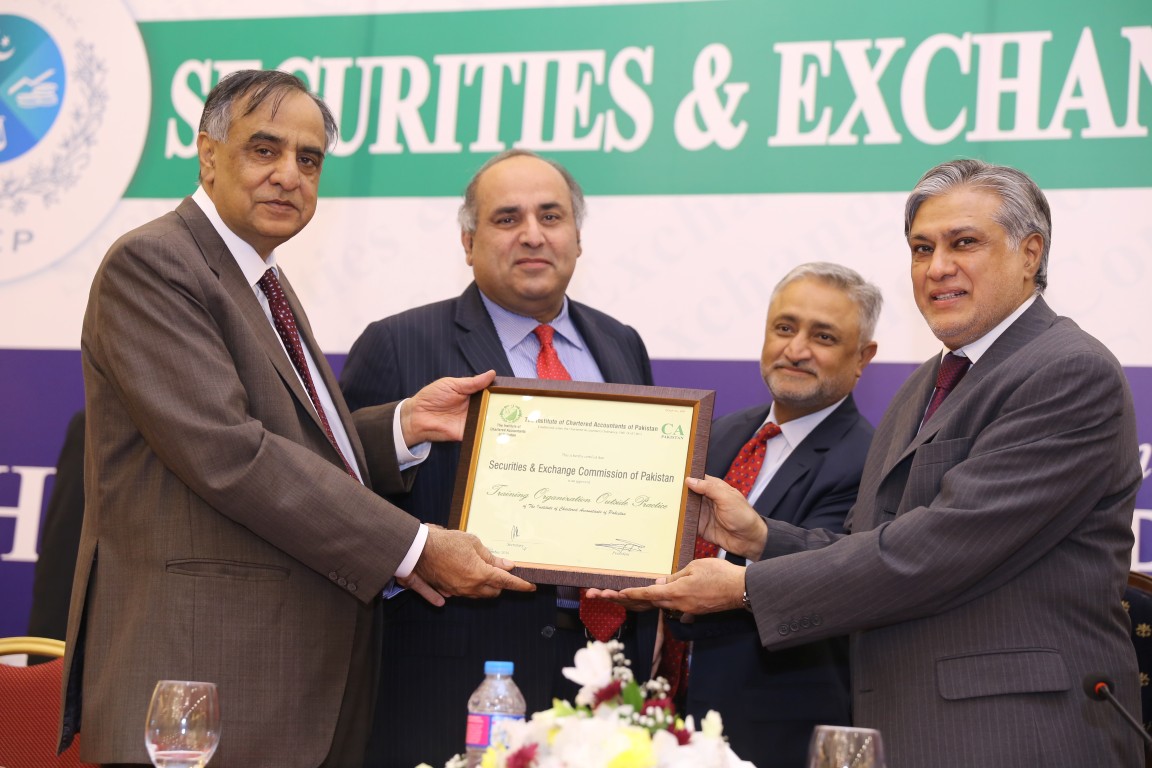What is RTI?
"To Know" is a basic human instinct and this urge has been one of the basic causes of friction between the rulers and the ruled, throughout human history. Whether the Public has a right to know as to how the king is taking decisions, has been the subject of discussion over the centuries. How much the public should know and at what cost has also been debated. During the last century or so, civilized societies not only recognized this right as a basic human right but also enacted laws to give it a formal and binding shape. The story of Pakistan is no different. A country, where three generations were brought up under the culture of secrecy, (Official Secret Act 1923), many officers and public bodies could not digest this human right easily. It was during the debate on the 18th amendment that Article 19-A was added to the Constitution, making it one of the fundamental rights of the people of Pakistan. The province of Khyber Pakhtunkhwa took the lead to formalize this right and the present assembly deserves an honorable mention in passing this law in 2013. The law itself is forward-looking and progressive and is being hailed inside and outside the country. The beauty of the law is that it provides a time line for supply of information and also provides a forum to hear complaints against the non-provision of information sought from a public body. An independent Information Commission is the hallmark of the entire scheme, having the power not only to ensure and enforce supply of information but also to punish any delinquent official. The establishment of the RTIC is a mega initiative of its kind in the field of provision of information to the citizens. After introduction of staff and initial infrastructure arrangements, time bound feedback mechanism was developed. Workshops seminars and meeting were made a wholesome activity with different stakeholder’s i.e District Governments, Public Information Officers (PIOs), Journalists, NGOs and Civil Society.





